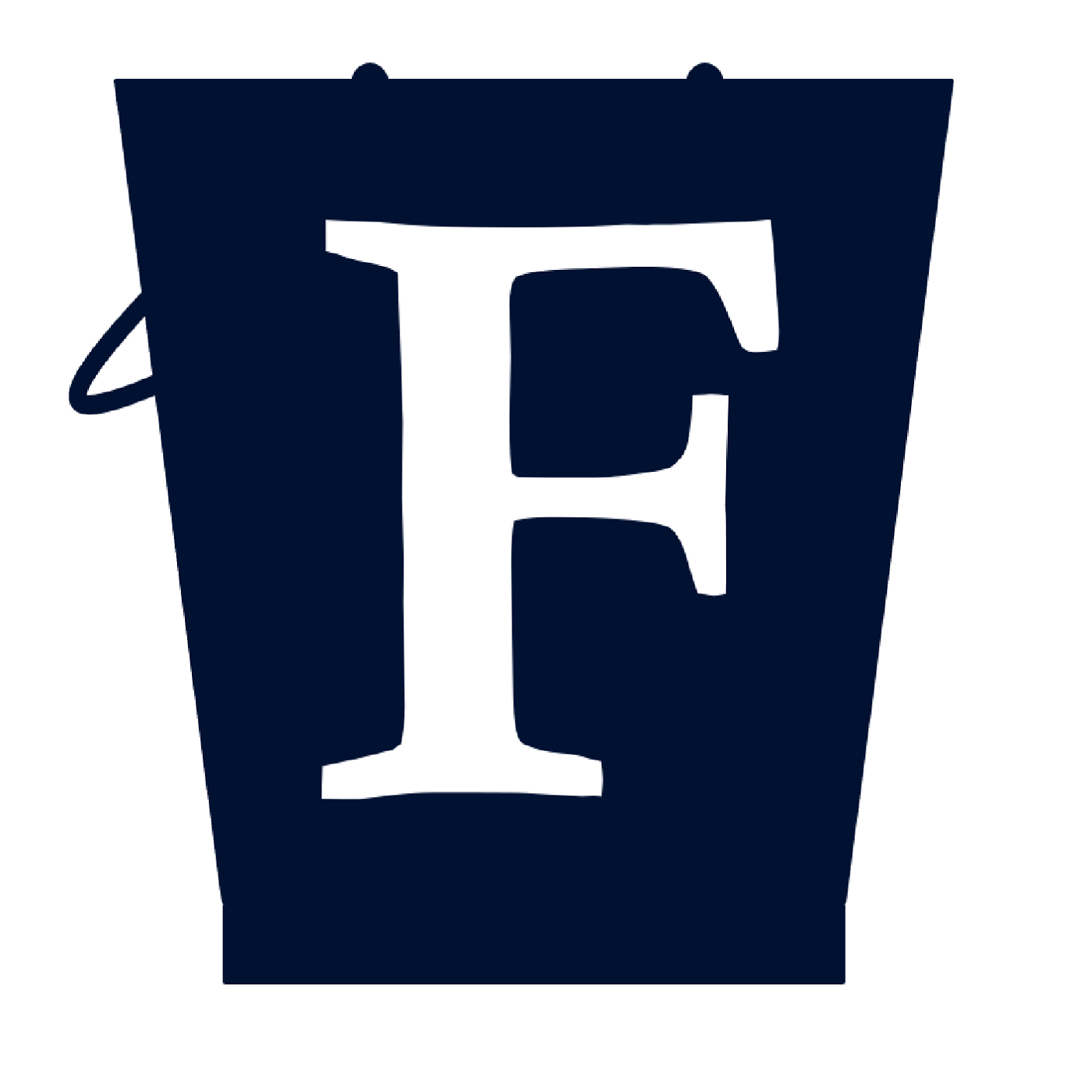

Filling The Pail
Greg Ashman
"Education is not the filling of a pail, but the lighting of a fire." – As W. B. Yeats never said.
Filling The Pail explores the wonderful and strange world of education, the good ideas and the bad, with host, Greg Ashman, and a range of education figures.
Filling The Pail explores the wonderful and strange world of education, the good ideas and the bad, with host, Greg Ashman, and a range of education figures.
Episodes
Mentioned books

Sep 11, 2020 • 1h 7min
E. D. Hirsch
E. D. Hirsch, a prominent literary theorist and founder of the Core Knowledge Foundation, discusses the critical role of background knowledge in education. He critiques modern teaching methods and highlights the disparities in learning across racial groups. Hirsch emphasizes the need for a structured curriculum to enhance democratic participation. He also touches on the establishment of the Core Knowledge Foundation and argues for integrating foundational knowledge in teacher education to support equity and understanding. His insights challenge conventional educational romanticism, advocating for a common knowledge base.

Sep 2, 2020 • 1h 1min
Jasmine Lane
Jasmine Lane is a teacher and education writer based in the United States. In this episode, Jasmine talks to Greg Ashman about how she became a teacher, why the killing of George Floyd makes it even more important for Black people to fight distraction and disengagement from education, what Shakespeare has to offer kids in the inner city and why learning standard English is important. Along the way, Greg and Jasmine discuss the literary canon, researchED and so-called 'carceral pedagogies'.

Aug 26, 2020 • 51min
Calvin Robinson
Calvin Robinson is a teacher, podcaster, journalist and consultant to the UK's Department for Education. In this episode, Calvin talks to Greg Ashman about his switch from the computer science industry to teaching, the events surrounding the Brexit referendum and how this played out in the school where he worked at the time, the wider issue of balance in the curriculum, the Free Schools movement in the UK, computing as a school subject, STEM subjects more generally, educational research and Calvin's role in the 'Don't Divide Us' campaign.

Aug 20, 2020 • 1h 11min
Jennifer Buckingham
Dr Jennifer Buckingham is Director of Strategy and Senior Research Fellow at MultiLit, a publisher of evidence-based reading programs and interventions, where she also heads the Five from Five project. In this episode, Jennifer talks to Greg Ashman about how her interest in literacy developed, the evidence for synthetic phonics and the Australian phonics check, modeled on the check used in the UK, that has been rolled out in South Australia and is about to be trialed in a third of primary schools in New South Wales. Along the way, Jennifer and Greg discuss why it is that teaching methods become lumbered with ideological baggage.

Jul 27, 2020 • 1h 4min
Dan Willingham
Dan Willingham, a Professor of Psychology at the University of Virginia, dives into the intersection of cognitive psychology and education. He shares insights from his research, emphasizing the importance of practical training for teachers in understanding student cognition. The discussion covers the complexities of differentiation in teaching and the criticality of clear terminology. Willingham also tackles the intricacies of critical thinking and reviews the evolution of literacy methodologies, particularly the role of phonics in effective reading instruction.

Jul 14, 2020 • 1h 8min
Pam Snow
Pam Snow is Professor of Cognitive Psychology at La Trobe University in Victoria, Australia. In this episode, she talks to Greg Ashman about her new role in bringing cognitive science to teacher education students and her earlier research into the oral language competency of young people in the youth justice system, before Greg and Pam discuss literacy in general, so-called 'balanced literacy' and what motivated Pam to write a book with Caroline Bowen dissecting 'neuroflapdoodle'.

Jul 1, 2020 • 1h 8min
Dylan Wiliam
Dylan Wiliam, a prominent educationalist and author, shares his insights on formative assessment and its evolution in the UK as Assessment for Learning. He discusses the shift from traditional assessment to continuous, reflective practices that enhance student outcomes. Wiliam emphasizes the significance of a knowledge-rich curriculum and addresses the misconceptions surrounding critical thinking skills. He also critiques current educational research methods and advocates for stronger collaboration between teachers and researchers to effectively implement evidence-based strategies in the classroom.

Jun 23, 2020 • 1h 5min
Katharine Birbalsingh
Katharine Birbalsingh is Headmistress of Michaela Community School, a Free School serving inner city London. In this episode, she talks to Greg Ashman about Free Schools, the challenges she faced setting up Michaela, the Michaela approach to learning and to discipline and why everyone should visit and see for themselves. Along the way, Greg and Katharine discuss the opposition to explicit teaching and how to cope with unpleasant comments on Twitter.

Jun 10, 2020 • 1h 6min
Andrew Old
Andrew Old is the godfather of UK teacher bloggers. Not only does he write a blog that has influenced UK government policy and OFSTED, the English schools inspectorate, he has encouraged teacher bloggers through his Echo Chamber initiative, as well as promoting teachers' voices more generally. In this episode, Greg Ashman talks to Andrew about maths teaching, Twitter, blogging, OFSTED, Achievement for All and school behaviour.

4 snips
May 26, 2020 • 1h 4min
Daisy Christodoulou
Daisy Christodoulou, a former teacher and director of No More Marking, delves into her experiences and insights on education. She shares her thoughts on enhancing writing skills through structured methodologies and discusses the lessons learned during lockdown, including transformative literary discoveries. Daisy critiques the integration of technology in classrooms, emphasizing the need for effective use over mere presence. Finally, she challenges enduring educational myths, advocating for clarity in assessment practices to improve student learning outcomes.


